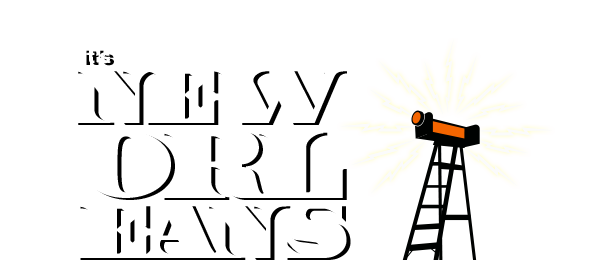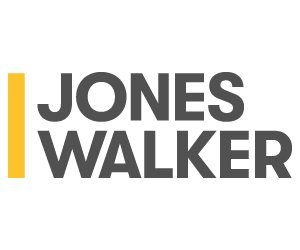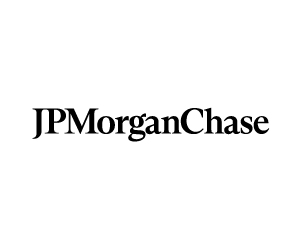All of us occasionally grapple with the existential human question, “Why am I here?” In those moments, to ascribe some sort of relevance to our presence on earth, we might aggrandize the importance of our occupation.
For example, try this. Wherever you are right now, pick a random object. Now make an argument for why it’s the most vital element of human society. If you’re in a room, you could pick a chair. If we couldn’t sit down – to rest, or work at a desk – life as we know it would be impossible. So, if you make chairs for a living, you could say you’re absolutely vital to the perpetuation of human society.
If you’re in a car, there’s a bolt that attaches your steering wheel to the steering column. And there are a series of bolts that attach your wheels to their hubs. Without these bolts, we wouldn’t have a transportation vehicle of any type. So, a person who works on a machine manufacturing bolts can say their occupation is absolutely vital to the perpetuation of human society.
You see how this goes. You can pick pretty much anything. Even with that in mind, Bobby Feigler has a pretty good claim to actually being central to the existence of our economic system. Bobby is Vice President and General Manager of Michelli Weighing And Measurement.
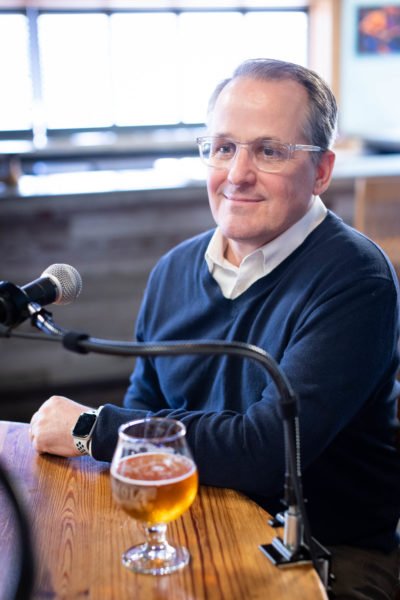
Bobby Feigler has a pretty good claim to being the linchpin of our whole financial and economic system
Weights
Almost everything in our world is weighed. Structural elements of buildings have load-bearing weight. Most of the food we eat is sold by weight. Then there’s gold, silver, and your own body mass index.
Scales that reliably and accurately weigh things are essential for almost every aspect of our lives. Michelli Weighing and Measurement calibrates and regulates scales. The company was founded in Louisiana in 1947. It’s still headquartered here, in Harahan. Today it employs over 150 people, and services 11 states in the South and West of the US.
Waiters
In the game of “What’s most vital to human existence?” we don’t have to do any mental gymnastics to agree on “food.” We all need to eat.
Almost every human civilization has given specific people the role of preparing meals for the rest of us. In our case, we’ve created specialty eating locations, called “restaurants.” However, because our society is built on a foundation of commerce, operating a restaurant is not just a matter of being able to prepare food people like to eat. It also requires the ability to run a business.
To be financially successful, a restaurant needs as many as 20 people in office and corporate positions. Most restaurants simply can’t afford that kind of investment in personnel. And that’s why Elizabeth Tilton created a company called Oyster Sunday.
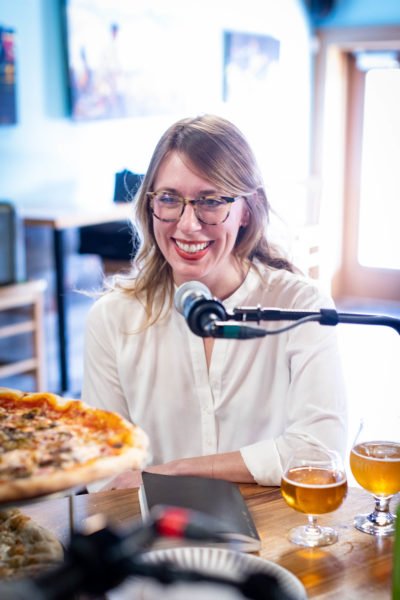
Elizabeth Tilton’s Oyster Sunday is the corporate office for restaurants, bars and coffee shops who need but can’t afford a corporate office
Oyster Sunday is a specialty corporate team that provides expert business skills for independent restaurants. They’ve been around since 2019 and have clients from Los Angeles to New York, from DC to their home here in New Orleans, and as far afield as Tokyo.
You may have heard this statistic: the world is divided into two kinds of people. Those who believe the world is divided into two kinds of people; and the rest. The point is, it’s not all that helpful to simplify the world by broad-stroke categorization. But, at least in business, there is one such observation that is worth noting. And that is the distinction between what we see, and what we don’t.
When we go to a restaurant, we see people making and serving meals. What we don’t see is the equally important team of people in the back office. Elizabeth Tilton has come up with a way to provide restaurants with a corporate team that lets owners and chefs concentrate on what we see, and what they do best. And Bobby Feigler’s business provides the most significant contribution imaginable to commerce that most of us never see.
It’s nice to be able to meet and acknowledge people who are normally out of the spotlight.
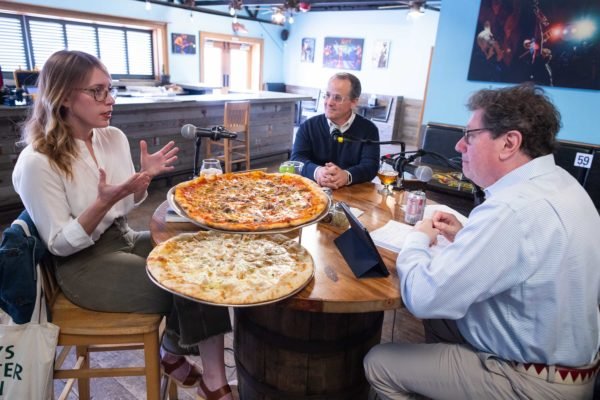
Elizabeth Tilton, Bobby Feigler & Peter Ricchiuti, Out to Lunch at NOLA Brewing
Out to Lunch is recorded live over lunch at NOLA Pizza in the NOLA Brewing Taproom. Photos by Jill Lafleur.
